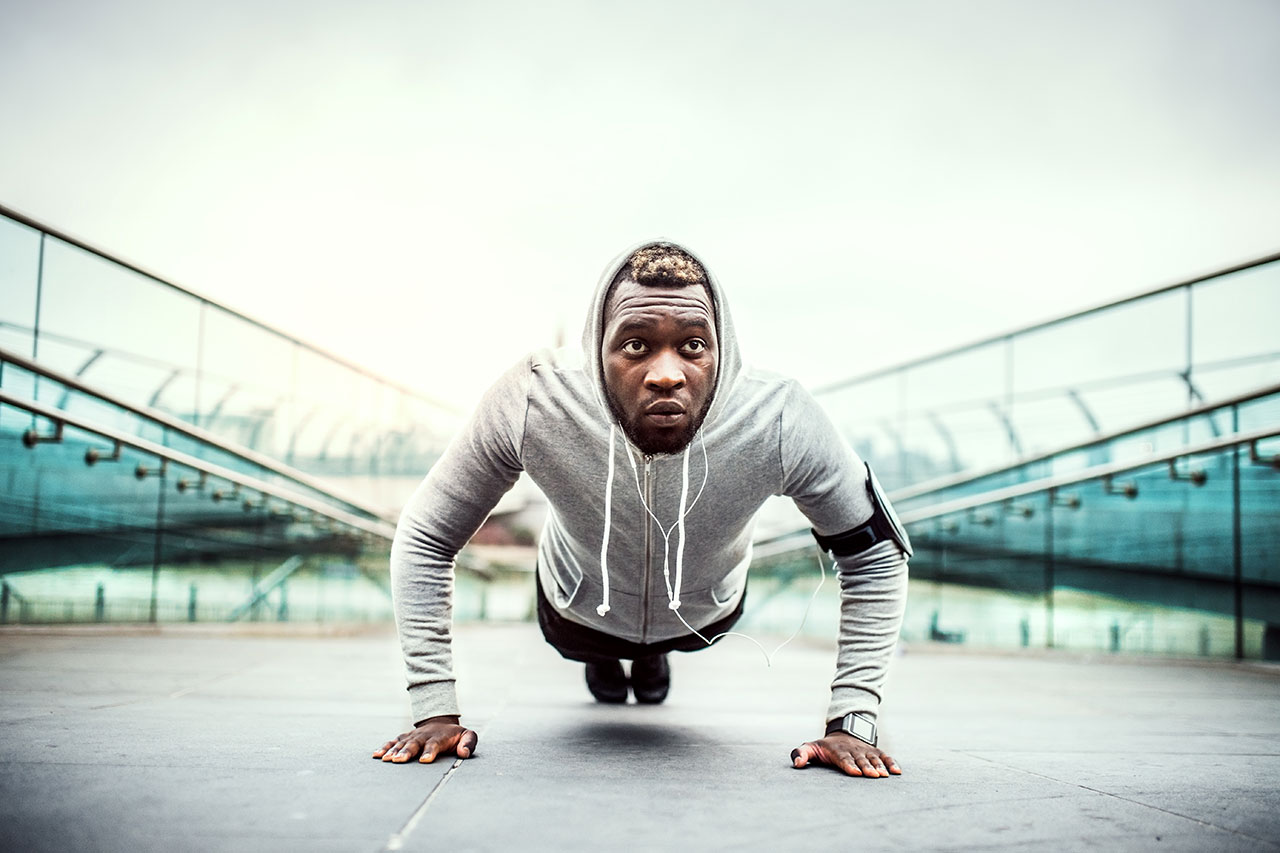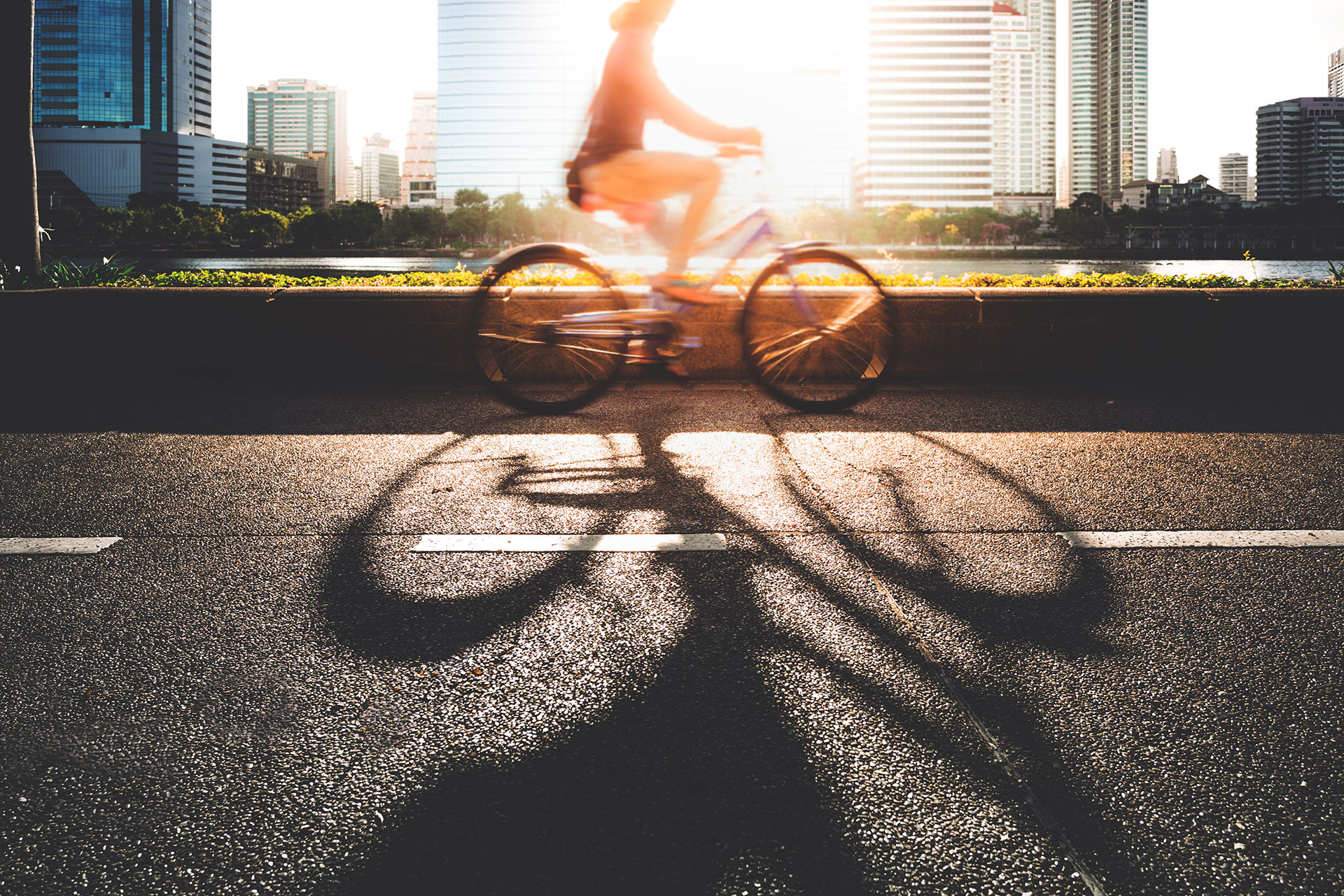There are a variety of things our biology expects in order to stay healthy and strong. Other than air, water and sleep…there are the micro and macro nutrients we need from our food. Vital messaging from sun exposure. And, a whole host of beneficial signals from being physically active.
Our bodies were honed and trained over millions of years to benefit from the act of physical work. Our biology did this, does this, because it knows that more often than not the act of surviving begets survival. With each act of “surviving” that we engage in, if we come out a little healthier and stronger and faster, then our chances of continued survival goes up. We knew this act as hunting, roaming, climbing, scavenging, chasing…or being chased. Today, we know it as exercise. And today, no matter how convenient or comfortable our lives are, it’s still not an option if you want to experience optimal health and age well…
It is said that exercise is the closest thing we have to a fountain of youth. It is vitally important for our health and longevity. Proper exercise dosing can up-regulate a variety of chemical messengers, antioxidants, beneficial bacteria, and enzymes that keep us feeling energetic, slow aging, and help us fight off disease. It is critical for the proper functioning of our immune system, organs, metabolism, endocrine system, and mental health. The problem is we’ve misconstrued and over engineered exercise, and reduced it to a tool for weight loss and looking good. While staying active and maintaining lean mass is critical for our metabolism, exercise’s function goes way beyond aesthetics.
The point of exercise is to mimic the type of active lives that our bodies need and expect. Our DNA evolved over millions of years under particular circumstances…circumstances that required us to use our bodies in a variety of ways. Our entire biological systems were created in such a way to allow us to benefit from applying the demands of physically active lives – of survival. We know today that not applying those “demands” down regulates critical messengers in our bodies and tells our cardiovascular system, our brain, our digestion, hormones, immune system, muscles and bones that they aren’t really needed to stay optimal, to stay healthy.
In the past we had to be very active, today not so much. It’s really easy to go long stretches of time without having to use our bodies for much other than breathing, digesting, some thinking, scrolling the internet, and watching TV.
Since our health is directly connected to the use of our bodies, but we no longer really have to use our bodies much anymore, we must solve that problem through exercise.
The point of exercise is to send the signal your body that it needs to stay capable, prepared, ready— healthy, fit.
Exercise can be thought of kind of like a drug. The dosing needs to be right for you: too much and it can become detrimental, not enough and it’s not as effective. Sometimes we think that if some is good, more must be better, but this isn’t always the case. Today, there seems to be a preponderance for extremes. There’s a growing sect of the population that is running themselves ragged by over-exercising, while there is an even larger sect of the population not doing anything at all. Neither are good, nor what nature intended.
Getting and staying fit doesn’t have to mean super low body fat and bulging muscles—because in some cases that isn’t healthy either. What it does mean is maintaining optimal functioning of our bodies as was intended: going for long walks without tiring, carrying weighted things (or children) for periods of time without collapsing, having the energy and stamina to be gently active most of the day, engaging in short bouts of intense activity, and recovering quickly. When we are fit, healthy, we naturally maintain a optimum blood pressure and heart rate, we are able to move in a variety of ways without pain, we are balanced and have proper posture.
You can’t have true health without fitness nor true fitness without health. And achieving this was never supposed to be complicated. We are all designed with the same pathways to fitness: limbs made for movement, skin made for temperature control, hearts and lungs made for respiration. Through our evolution, being physically capable was critical for survival, and the more we had to physically work for our survival the healthier we were.
The lesson here is that in our modern, high tech, convenient, comfortable lives, to be truly healthy we must stay engaged in work, as defined by nature.
In a future post I’ll talk more specifically about what that can look like. For now, if you’re someone less prone to exercise, it’s as simple as this to get started: go for a walk everyday. A couple of days a week make that walk a little longer, maybe a little faster. Now and then find a steep hill and power walk it as if your life depends on it…because it does.
Start today.



